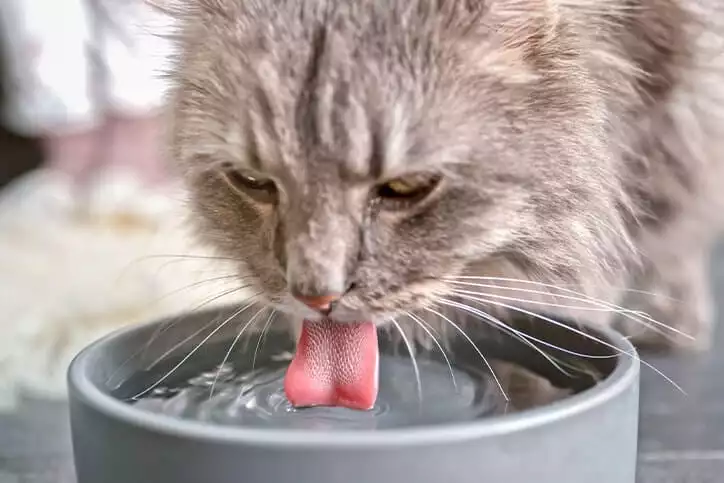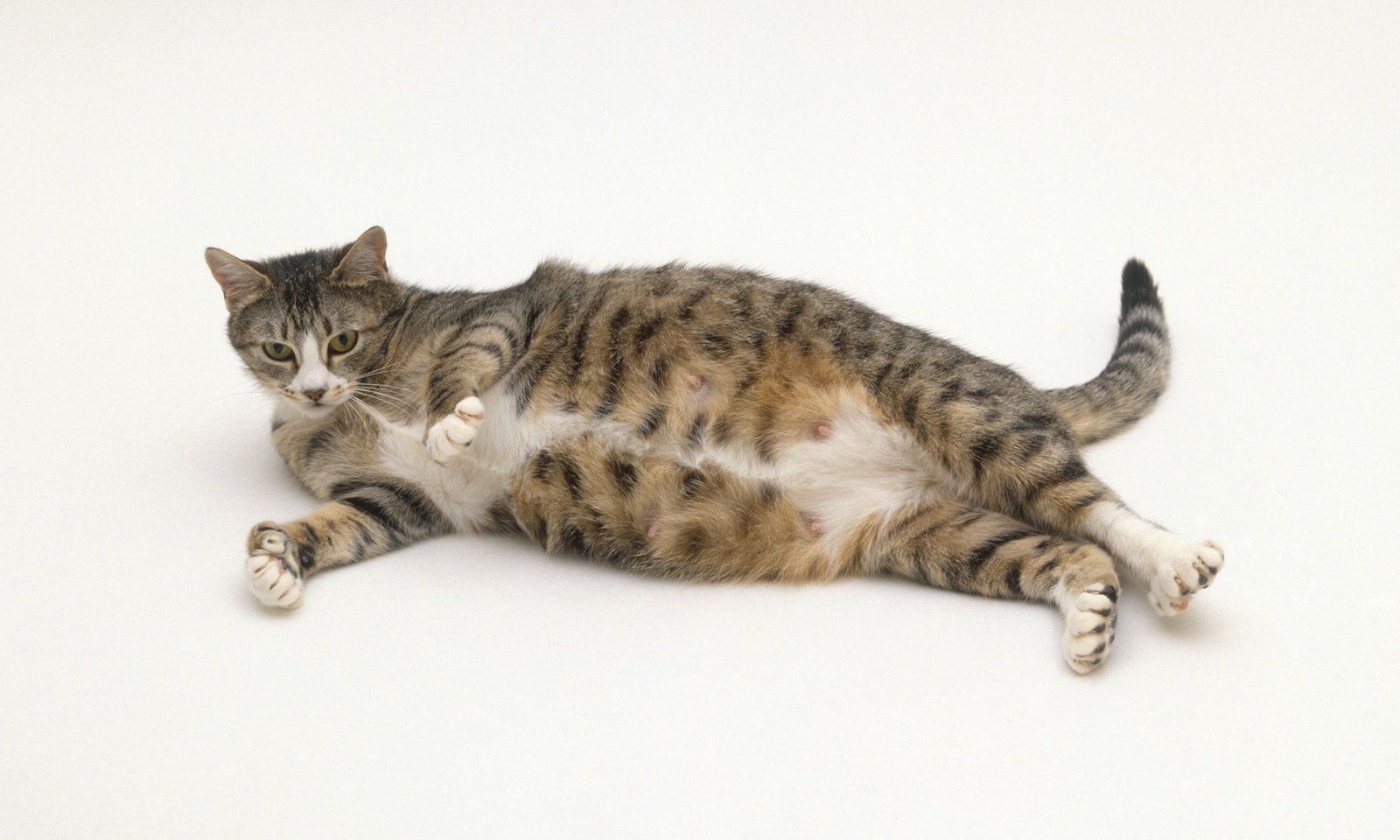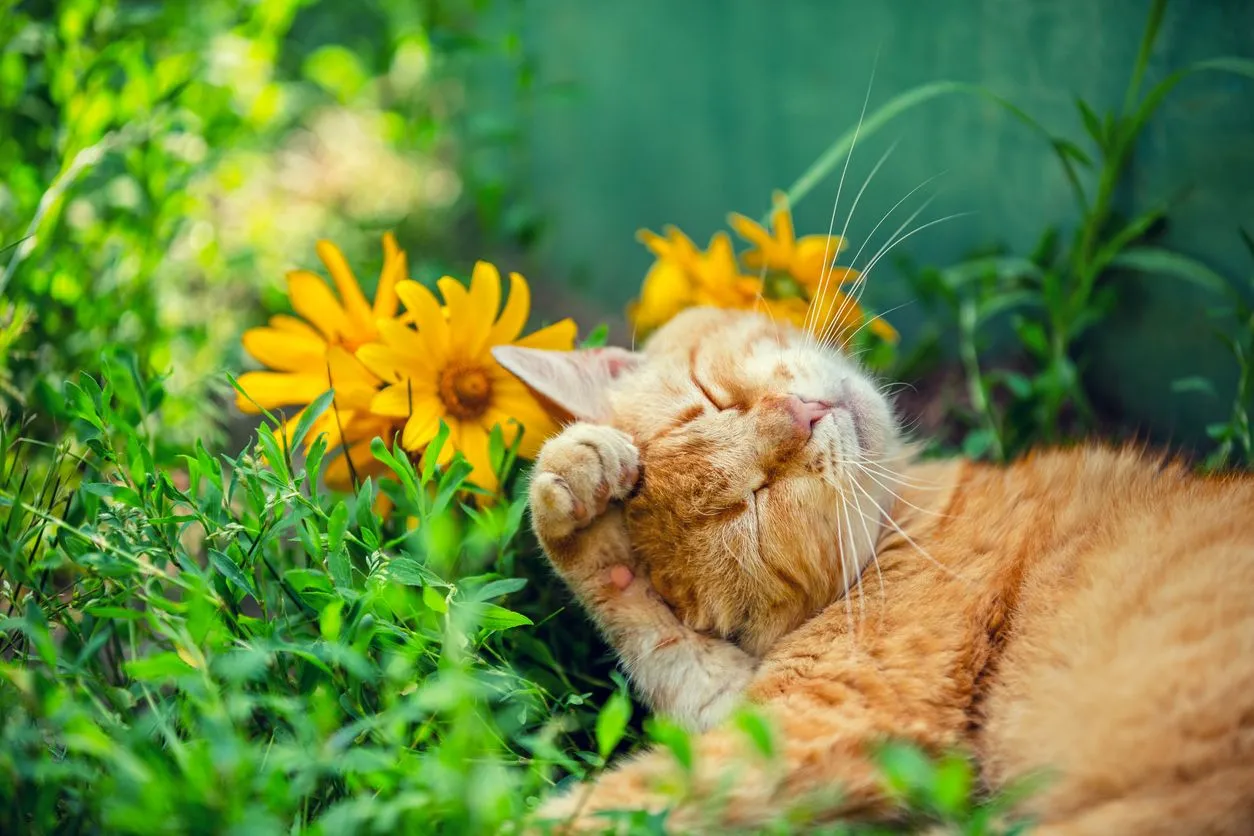Is Your Cat Drinking Enough Water? Symptoms and Solutions Last Updated on 22 Jan 2025, Care Kitties A cat’s overall health depends …
Pregnancy Care for Cats: Ensuring a Healthy Journey to Motherhood
Pregnancy care for cats is essential, as pregnant cats need special care and attention compared to other cats. These cats need to have good nutrition and remain hydrated all the time. I have seen many cat owners not being able to take proper care of their cats during this time, which results in an emergency medical situation during a cat’s pregnancy. In this article, we will provide you with a detailed guide on how to take care of your cats during pregnancy.
Finding out if your cat is pregnant
The first step should always be to find out if the cat is really pregnant. Most cat owners failed to understand whether the cat was pregnant. Read this article to find out if your cat is pregnant.
Pregnancy Care for Cats: Creating a Comfortable Environment:
- Quiet and Safe Space: When your cat reaches labor, she should be placed in a comfortable and quiet environment since she is literally going to give birth anywhere and anytime she deems appropriate. Tend to the needs of the lady; make sure she has a room free from any form of distraction and can take a break. This territory should be free from loud neighbors, other pets, or heavy traffic zones around your residence.
- Soft Bedding: Make sure that you use soft cotton-like fabrics and a clean blanket that is comfortable to lay on during nap times. A box with towels or blankets put in it is also preferred. This will be her nest, which may possibly be her birthing place, and hence it has to be convenient to locate and cozy.
- Temperature Control: Make sure that the room or place is warm but aerated. Pregnant cats are heat-sensitive; therefore, temperature should be controlled and kept within an optimal range.
- Limit Movement: Toward the later weeks of pregnancy, the kitten will be less mobile, and your cat will follow this same trend. If she is not very mobile, make her food, water and litter box easily accessible to her and as close to her resting area as possible.
Pregnancy Care for Cats: Nutrition and Feeding
- High-Quality Diet: As for diet, pregnant cats should ingest foods enriched with nutrients such as proteins and calcium. Feed your cat with a better commercial cat food that is meant for kittens or pregnant cats. These foods are prepared in a way that provides the necessary nutrition to a growing mother and her kittens.
- Increased Caloric Intake: During the pregnancy period, the caloric requirements of the cat will also rise. Start giving a small amount of food and try to increase the portions given gradually, especially towards the last one and a half months when the kittens are developing faster. However, one should not overfeed so that the dog does not become overweight and develop complications of obesity.
- Frequent, Smaller Meals: Because of the compression on the stomach area, your cat may choose to eat little portions at a time as opposed to one or two big meals at a time. Feed her food multiple times a day to ascertain whether she’s taking adequate food but isn’t stuffed.
- Fresh Water: Water should always be fresh and clean to be given to the pregnant cat. Water is important for cats, but it becomes even more important during pregnancy. Make sure the cat is drinking a good amount of water daily. If she does not drink the water by herself, try to feed her the water.
Supervision of Health and Possible Issues
- Regular vet visits: Make sure you visit the vet on a regular basis, especially during the time when the pregnancy period is being observed. The vet can then assess your cat’s condition, look for any signs of the development of complications, and give specific advice depending on the cat.
- Weight Gain: It might be natural for your cat to put on some weight during pregnancy, but sudden or rapid weight gain should prompt you to take your cat to the vet as it could be caused by factors such as gestational diabetes, among others. Monitor her weight gain or loss, and if you see something that you consider weird, ensure that you go to the vet.
- Behavioural Changes: Pregnant cats can also show some changes in behavior; these include the following: affectionate, the nesting instinct will be present, and the cats can be easily irritated. Observe such shifts, as these might mean that the tested individual is distressed or uncomfortable in some way.
- Signs of distress: Look out for changes in their behavior and physical conditions; they may exhibit weakness, progressive anorexia, vomiting or abnormal discharge. These may be symptoms that indicate complications are developing and may necessitate the services of a veterinarian.
Pregnancy Care for Cats: Avoid These Mistakes
- Stressful Situations: Large amounts of stress can in fact have an adverse impact on the pregnant cat, as they raise the possibility of complications like early labor. Do not bring in any new pets, change the furniture arrangement, or take her to places where there is loud or excessive noise.
- Strenuous Activity: If at all possible, non-strenuous activities should be pursued; do not overexert the cat in a way that might cause strain. Advise her not to jump or participate in highly physical activities, especially when she is in the later trimester.
- Toxic Substances: Do not allow your cat to get into things that are poisonous. This is in relation to some houseplants (lilies), chemicals or drugs not recommended by a veterinary doctor. Before you give your cat any supplement or drug, you should always check with your vet.
- Overhandling: Although it is nice to pet and be close to your pregnant cat, she might get stressed if you do so often. Always be delicate with her, and do not attempt to touch or press on her belly. Do not touch her if she seems to be withdrawn and unresponsive to affectionate gestures in particular or physical affection in general.
Preparing for labor
- Nesting Behavior: When your cat is close to labor, she will look for a comfortable spot in which to give birth; this is referred to as nest-making. This is an indication that she is ready to give birth; the pregnancy period is almost over. Make sure her nesting area is available and that she is comfortable with it.
- Labor Signs: Some of the common indications of impending labor are anxiety, vocalization, mounting, vulvar lickingand a drop in maternal temperature. It is suggested to be ready to support her when different stages are over and can help, but at the same time, it is important to let her go through it on her own.
- Emergency Plan: When there are issues with labor, one should have some plan of action. This means that the owner should be aware of the location of the nearest emergency veterinary clinic and have transport prepared.
We hope our article has helped you take better care of your cats. We also hope that your cat gives birth to healthy and energetic kittens.
Related Articles
When to Worry About Your Cat Identifying Troubling Behaviors Last Updated on 24 Sep 2024, Care Kitties Cats are wonderful animals, but …
Boost Your Cat’s Digestive Wellness: Expert Tips and Advice Last Updated on 21 Sep 2024, Care Kitties Cat’s digestive wellness is essential …
Pregnancy Care for Cats: Ensuring a Healthy Journey to Motherhood Last Updated on 08 Aug 2024, Care Kitties Prgenant cats need some …
Seasonal Cat Care: Keeping Your Feline Healthy Year-Round Last Updated on 01 Aug 2024, Care Kitties Seasonal cat care is essential because …
Cat Pregnancy Signs: Vital Stages & Vet Insights Last Updated on 30 July 2024, Care Kitties Is your cat pregnant? Cat pregnancy …






